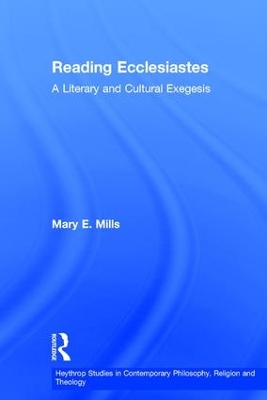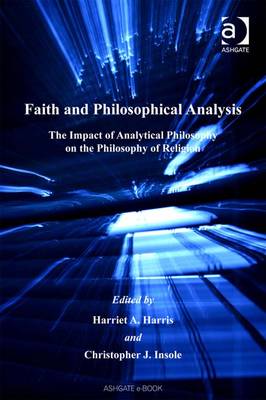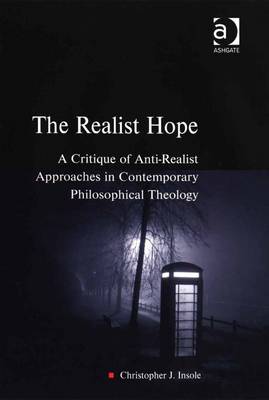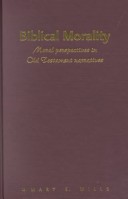Heythrop Studies in Contemporary Philosophy, Religion and Theology
5 total works
Faith and Philosophical Analysis
What tensions arise between philosophy of religion and theology? What strengths and weaknesses of analytical methods emerge in relation to strongly confessional philosophical theologies, or to Continental philosophies?
Faith and Philosophical Analysis evaluates how well philosophy of religion serves in understanding religious faith. Figures who rarely share the space of the same book - leading exponents of analytic philosophy of religion and those who question its legacy - are drawn together in this book, with their disagreements harnessed to positive effect. Figures such as Richard Swinburne and Basil Mitchell reflect on their life-long projects from a perspective which has not previously been seen in print. A wide range of approaches found in contemporary philosophy of religion are explored, including: reformed epistemology, 'traditional' metaphysical theory building, feminist methodologies, Wittgensteinian approaches, and American pragmatism.
Considering the trends in philosophy of religion as they are interacting across continents, looking particularly at philosophical influences in North America, Britain, and Continental Europe, this book will appeal to students, scholars and general readers with an interest in philosophy of religion, theology, or analytical philosophy.
Taking into consideration analytical, continental, historical, post-modern and contemporary thinkers, Insole provides a powerful defence of a realist construal of religious discourse. Insole argues that anti-realism tends towards absolutism and hubris. Where truth is exhausted by our beliefs about truth, there is no conceptual space for doubting those beliefs; only a conception of truth as absolute, given and accessible can guarantee the very humility, sense of fallibility and sensitivity to difference that the anti-realist rightly values.
Cutting through some of the tired and well-rehearsed debates in this area, Insole provides a fresh perspective on approaches influenced by Wittgenstein, Kant, and apophatic theology. The defence of realism offered is unusual in being both analytically precise, and theologically sensitive, with a view to some of the wider and less well-explored cultural, ethical and political implications of the debate.




